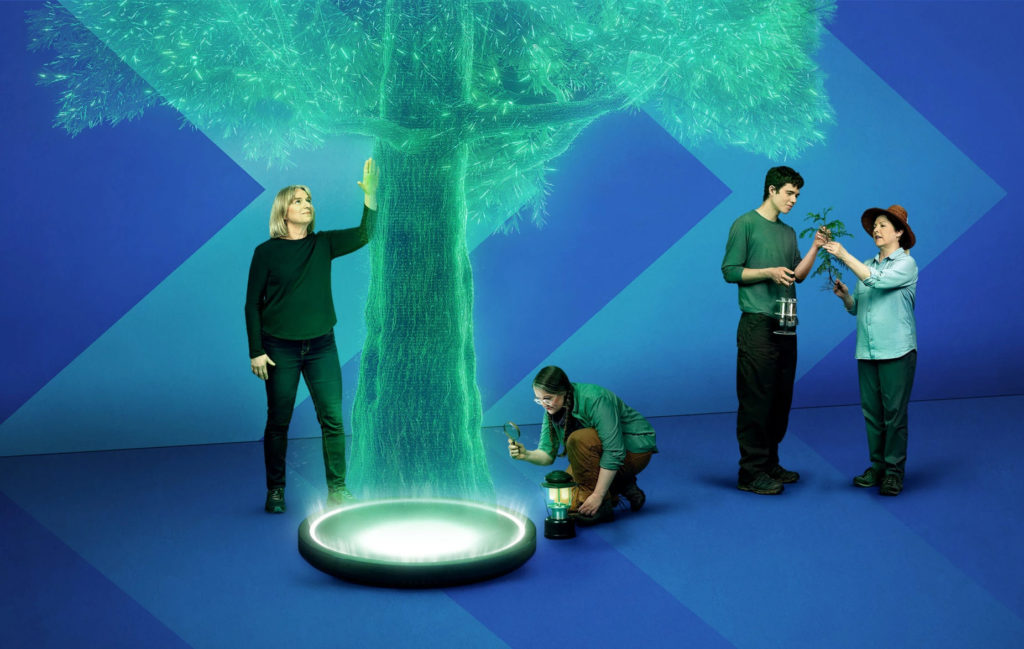
Dr. Suzanne Simard is leading the Mother Tree Project at UBC, which could transform how we manage forests while capturing more carbon and protecting biodiversity worldwide
Forests have the potential to be “carbon sinks”, absorbing more carbon dioxide (CO2) than they release. That’s great for slowing climate change by reducing the amount of CO2 in the atmosphere. But our global forests are sick, struggling under the effects of climatic events such as heat domes, fires and droughts.
Fewer and more stressed forests provide less habitat to support biodiversity and can’t absorb as much carbon. What’s more, emissions associated with forest management and industrial forest practices are putting even more CO2 into the atmosphere.
This has all led to a dire situation. Yet Dr. Suzanne Simard, a professor of forest ecology with the Faculty of Forestry at the University of British Columbia, says she is “incredibly optimistic” that we can create a different future.
“As we build better relationships between Western science and Indigenous science, we can co-create treatments that actually absorb more CO2 instead of the opposite, which is what we’re doing now,” she explains. “Once we get on that right track, our forests can be restored, recovered and protected. And scientists say that once we do that, forests will absorb more carbon from the atmosphere and mitigate climate change by one third.”
Read the full article on Beyond.
Through Strategy 9: Knowledge Exchange, UBC is committed to improving the ecosystem that supports the translation of research into action.